
Being a DevOps engineer is about finding smart ways to connect development and operations for smoother software releases. Companies need people who can automate processes, keep systems running efficiently, and improve teamwork. That’s where having the right DevOps engineer skills comes into play.
To succeed, you’ll need both technical know-how and the ability to solve real-world problems. Core skills in DevOps include automation, managing infrastructure, and scaling systems to meet demand. It’s a role that constantly challenges you to stay sharp and adapt to the changing technology. Ready to dive deeper? Let’s get started!
Table of contents
- What is DevOps?
- DevOps Engineer Skills You Can’t Miss
- Importance of Soft Skills in DevOps
- Top DevOps Frameworks to Strengthen Your DevOps Engineer Skills
- Wrapping Up
- Frequently Asked Questions
- How do I start learning to be a DevOps Engineer?
- What kind of projects can help build skills in DevOps?
- Which tools and technologies are commonly used in DevOps?
- What is the significance of DevOps in software development?
- Can DevOps practices be applied in small businesses?
- How long does it take to build the key skills in DevOps?
What is DevOps?
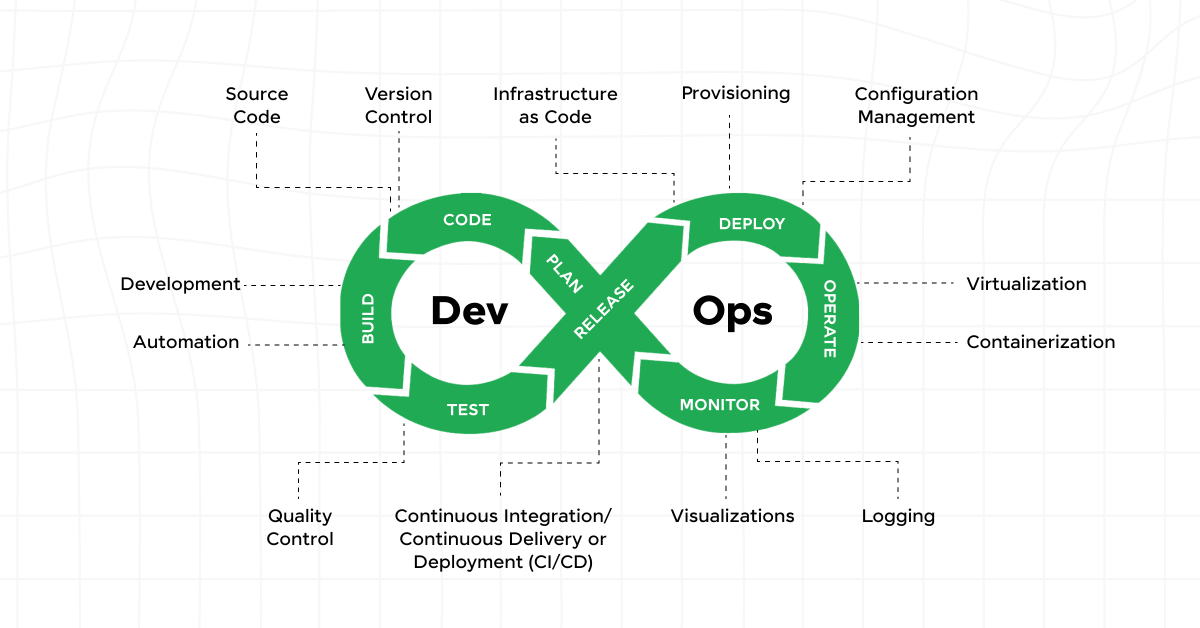
DevOps, shortened for Development (Dev) and Operations (Ops), focuses on practices that improve collaboration, efficiency, and software delivery. It encourages teams to work closely together, breaking down barriers between departments like development and IT operations. Therefore, the right set of DevOps engineer skills can go a long way in making these processes run smoothly.
With DevOps, teams automate tasks, streamline workflows, and share responsibilities to ensure smooth and fast software updates. This approach helps companies quickly adapt to changes while maintaining system stability and delivering better software to users.
Before we move to the next part, you should have a deeper knowledge of DevOps concepts. You can consider enrolling yourself in GUVI’s DevOps Course, which lets you gain practical experience by developing real-world projects and covers technologies including Agile, Scrum, Linux, Git, Bash Scripting, Dockers, Containers, AWS infrastructure, etc.
Additionally, if you would like to explore AWS Infrastructure through a Self-paced course, try GUVI’s AWS Infrastructure certification course.
DevOps Engineer Skills You Can’t Miss

If you’re aiming to become a DevOps engineer, it’s essential to build a strong set of technical and soft skills. Companies today prioritize professionals who can handle automation, server management, and teamwork to improve software delivery. Below, we’ve listed the key DevOps engineer skills in the technical domain that can help you thrive in this role.
- System Administration: You need to know how servers, networks, and infrastructure work. Managing these resources keeps systems running smoothly and minimizes downtime.
- Scripting and Automation: Writing scripts in Python, Bash, or Ruby helps automate routine tasks, create deployment pipelines, and manage infrastructure easily.
- Version Control: Tools like Git allow you to track and manage changes in your code, making collaboration with multiple teams easier and more organized.
- Continuous Integration/Continuous Deployment (CI/CD): Automating build and deployment processes with tools like Jenkins or GitLab CI/CD speeds up software releases while reducing risks and errors.
- Configuration Management: Tools like Ansible and Puppet help automate server configurations, ensuring systems stay consistent across environments.
- Cloud Platforms: Familiarity with services like AWS, Azure, or Google Cloud enables you to deploy scalable applications and manage cloud resources effectively.
- Containerization and Orchestration: Docker and Kubernetes make applications portable and scalable. Kubernetes, in particular, helps automate the deployment and management of container clusters.
- Monitoring and Logging: Tools like Prometheus, Grafana, and the ELK stack help you track performance, analyze logs, and troubleshoot system issues before they escalate.
- Infrastructure as Code (IaC): Tools like Terraform or CloudFormation let you manage infrastructure through code, improving consistency and scalability.
- Security and Compliance: Security practices and tools like AWS Secrets Manager or HashiCorp Vault are crucial for protecting sensitive data and ensuring system integrity.
- Collaboration and Communication: Effective collaboration helps bridge gaps between development and operations. Strong communication keeps everyone aligned on project goals.
- Problem-Solving and Troubleshooting: DevOps roles require quick thinking to diagnose and fix issues. Troubleshooting skills ensure minimal downtime and a reliable system.
Developing these DevOps engineer skills puts you ahead of the competition, but you’ll also need to master other important skills in DevOps such as communication and adaptability. It’s this combination of technical expertise and teamwork that makes a successful DevOps engineer.
Also Read: Transitioning career to DevOps
Importance of Soft Skills in DevOps

Soft skills are just as important as technical expertise in DevOps. While your technical know-how helps you handle tools and technologies, soft skills make teamwork and communication a whole lot easier. They help you collaborate with different teams, share ideas clearly, and stay on top of the fast-moving demands of the role. A solid mix of both hard and soft DevOps engineer skills can make all the difference.
Effective Communication: You’ll be working with developers, operations teams, managers, and sometimes clients. Clear communication helps keep everyone on track, avoid misunderstandings, and sort out issues quickly.
Problem-Solving Skills: Being able to solve problems logically is a huge asset. Whether it’s finding the root cause of an error or improving workflows, strong problem-solving skills help you tackle challenges without wasting time.
Adaptability and Continuous Learning: Things change fast in DevOps. You’ve got to stay flexible, ready to learn new tools, and adapt to fresh methodologies. Staying curious keeps your skills in DevOps sharp and relevant as the field evolves.
Soft skills are the glue that holds everything together in DevOps, helping you work better with others and adapt to whatever the job throws at you.
Read further: How Is AI Transforming DevOps? Check 7 Intriguing Ways!
Top DevOps Frameworks to Strengthen Your DevOps Engineer Skills

Choosing the right frameworks is key to working smarter in DevOps. These frameworks help you automate tasks, manage infrastructure, and maintain reliable deployments. As you gain experience with them, you’ll naturally develop critical DevOps engineer skills like version control, automation, and cloud infrastructure management. Let’s dive into five essential frameworks.
Jenkins – One of the most popular frameworks, Jenkins automates the entire CI/CD pipeline. It integrates easily with other tools, helping you build, test, and deploy code without manual effort. Mastering Jenkins strengthens automation and deployment skills—core to DevOps roles.
Terraform – A leading framework for Infrastructure as Code (IaC), Terraform lets you define infrastructure through code. This makes managing and scaling cloud resources seamless. Knowing Terraform enhances your skills in DevOps, especially in infrastructure management and scalability.
Kubernetes – Kubernetes is the go-to framework for container orchestration. It automates tasks like load balancing, scaling, and managing containerized applications. It’s essential for running large-scale systems reliably.
Ansible – Ansible simplifies configuration management by automating server setups and updates. With Ansible, you can ensure your infrastructure maintains a consistent state across environments, saving both time and effort.
Prometheus & Grafana – These monitoring frameworks track system performance and visualize key metrics. They help you catch potential issues early, making troubleshooting and optimization much easier.
These frameworks not only streamline workflows but also help you build hands-on expertise in critical areas, shaping a well-rounded DevOps skill set.
Wrapping Up
The demand for skilled DevOps professionals is on the rise. According to Forrester’s Priorities Survey, 2024, 73% of organizations plan to significantly increase their budget for software development in the coming year, indicating a growing need for experts in the field.
By mastering essential DevOps engineer skills, you’ll be well-prepared to handle complex tasks like automation, infrastructure management, and cross-functional collaboration. This combination of expertise makes you a valuable asset, ensuring long-term success in a fast-changing tech environment.
So, start your DevOps journey right away! Begin by enrolling in GUVI’s DevOps Course where you will master technologies including Linux, Git, AWS, and much more while building some interesting real-life projects.
Alternatively, if you want to explore AWS infrastructure through a Self-paced course, try GUVI’s AWS Infrastructure certification course.
Frequently Asked Questions
In order to become a DevOps engineer, focus on gaining foundational knowledge in software development, system administration, and cloud computing. Learn version control with Git, explore automation and scripting using languages like Bash or Python, and understand concepts of continuous integration and deployment.
Additionally, actively participate in DevOps communities, forums, and attend relevant conferences or meetups to stay updated with industry trends and best practices.
Projects involving CI/CD pipelines, cloud deployments, automation scripts, and infrastructure scaling are great for hands-on learning. Personal projects or open-source contributions are also valuable.
DevOps employs a wide range of tools and technologies, including CI/CD platforms like Jenkins, GitLab CI/CD, or CircleCI; configuration management tools like Ansible, Puppet, or Chef; containerization technologies such as Docker; container orchestration systems like Kubernetes; cloud platforms like AWS, Azure, or GCP; and monitoring/logging tools like Prometheus, Grafana, or ELK stack.
DevOps promotes collaboration, automation, and continuous improvement, leading to faster software delivery, enhanced quality, and improved customer satisfaction.
It helps organizations achieve agility, scalability, and reliability by breaking down silos between teams, automating manual processes, and integrating development and operations practices.
Yes, small businesses can benefit from DevOps by automating workflows, improving collaboration, and reducing deployment times, all of which help them stay competitive.
It varies depending on your background. With consistent learning and hands-on practice, you can develop foundational DevOps skills within 6-12 months.




















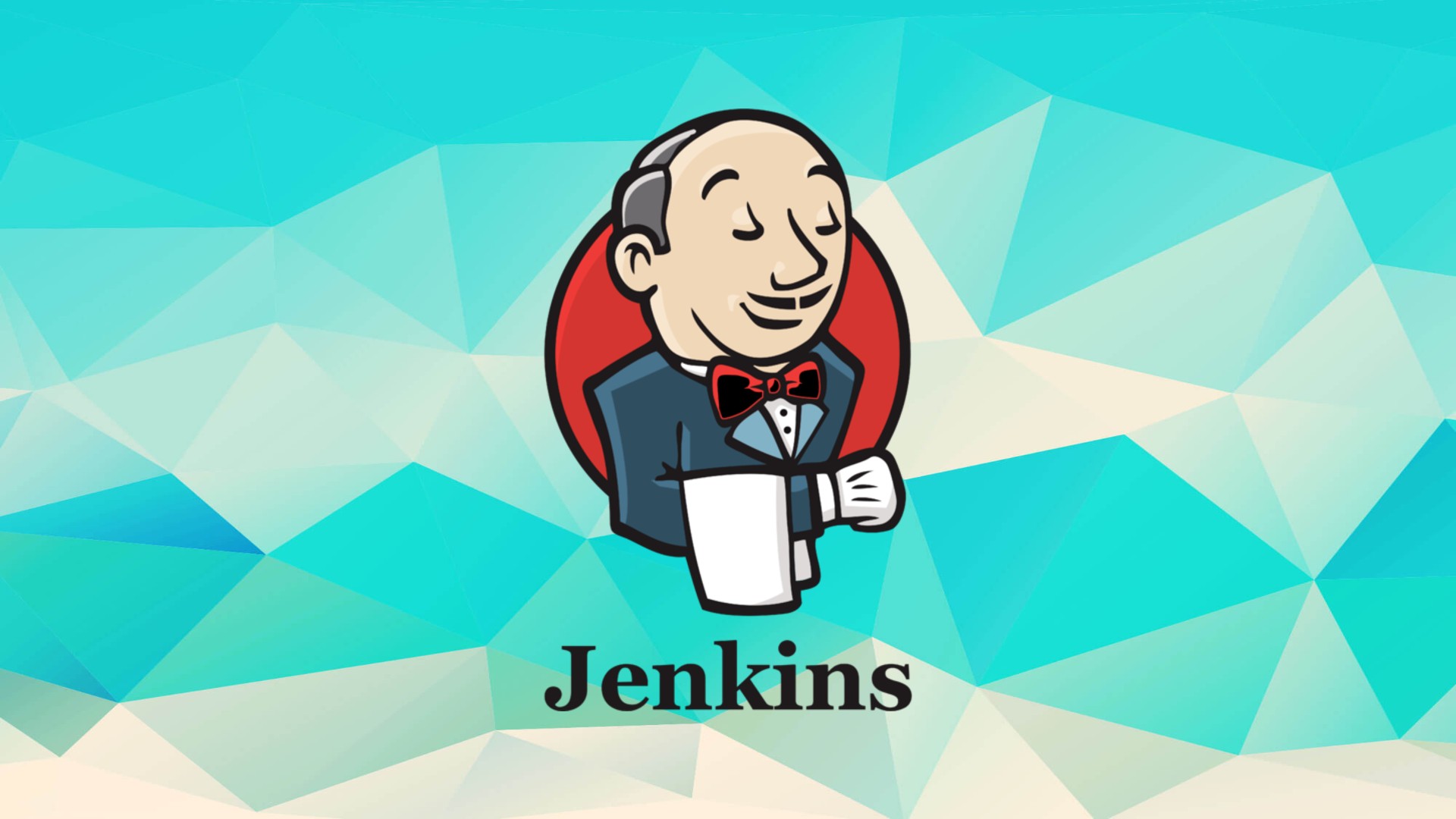
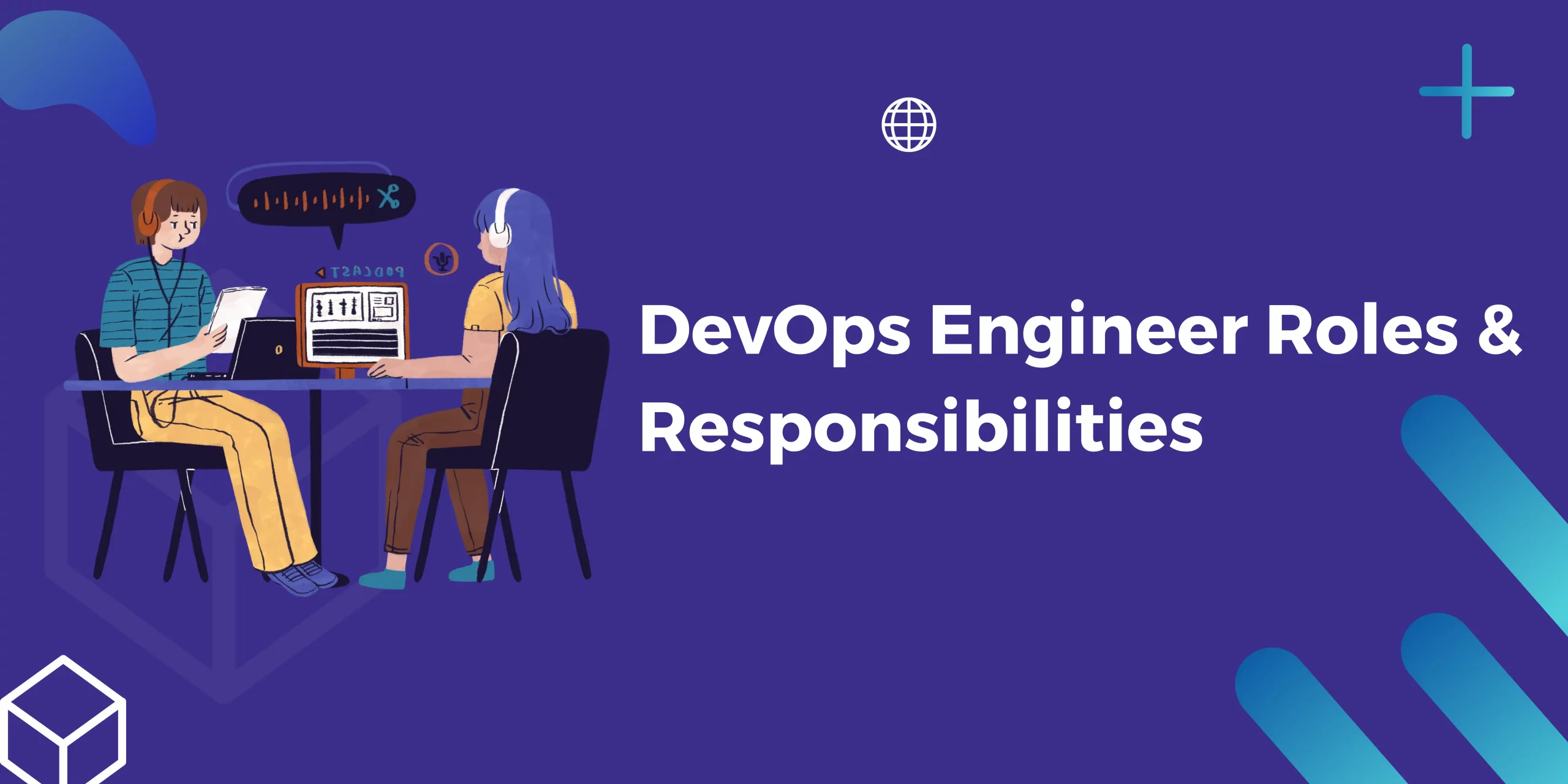
![Top High-Paying Non-Coding Jobs in DevOps [2025] 8 Non-Coding Jobs in DevOps](https://www.guvi.in/blog/wp-content/uploads/2023/11/Top-10-Non-Coding-Jobs-in-DevOps.png)



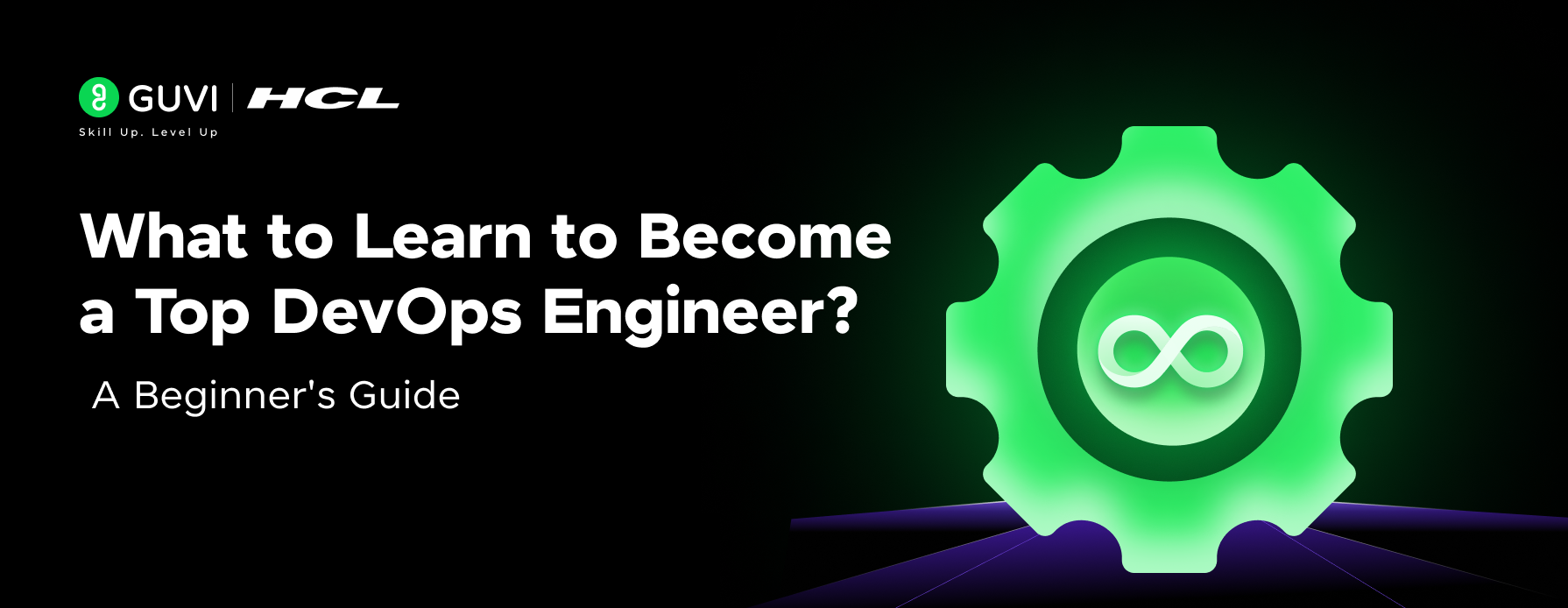
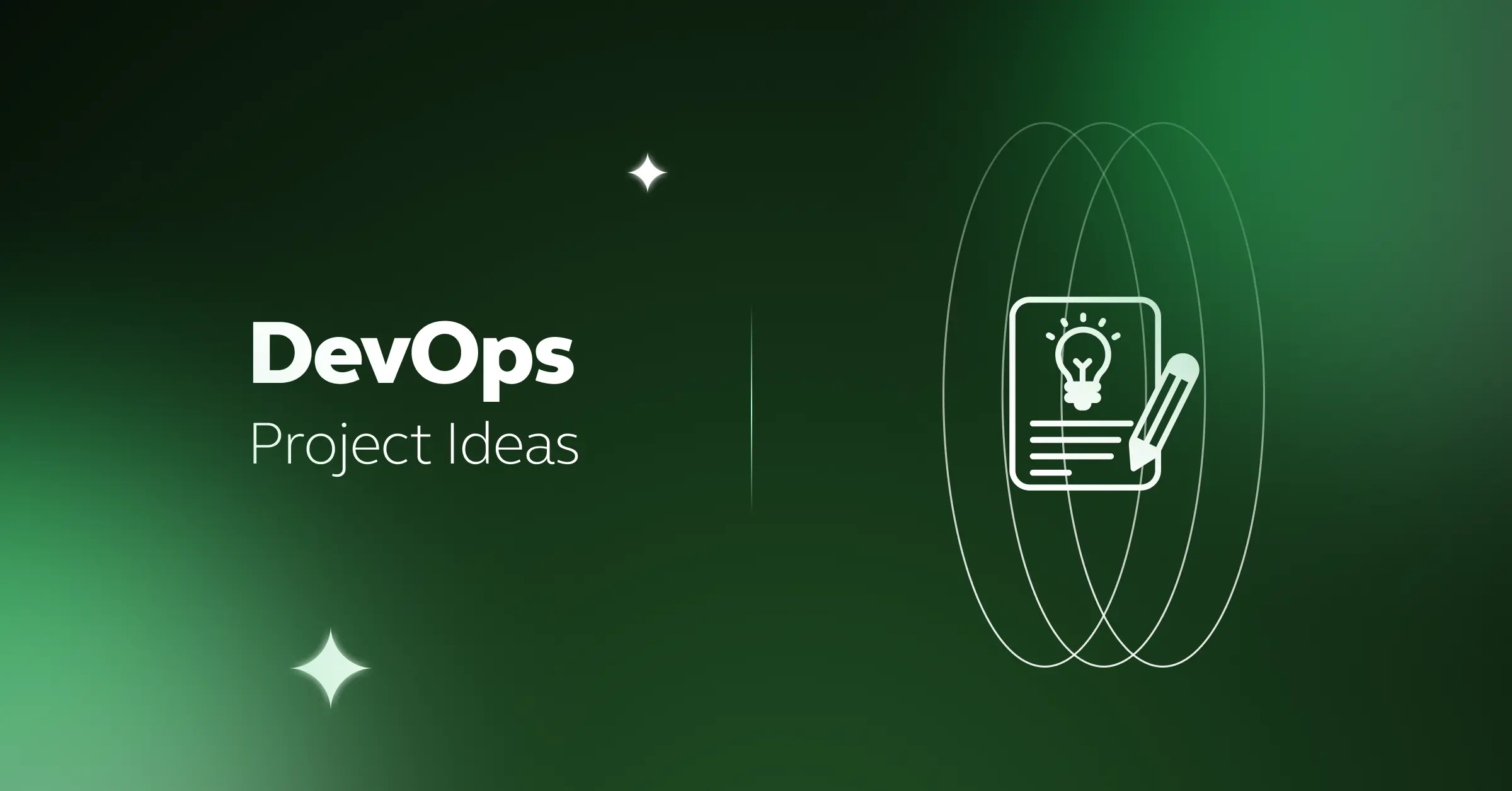
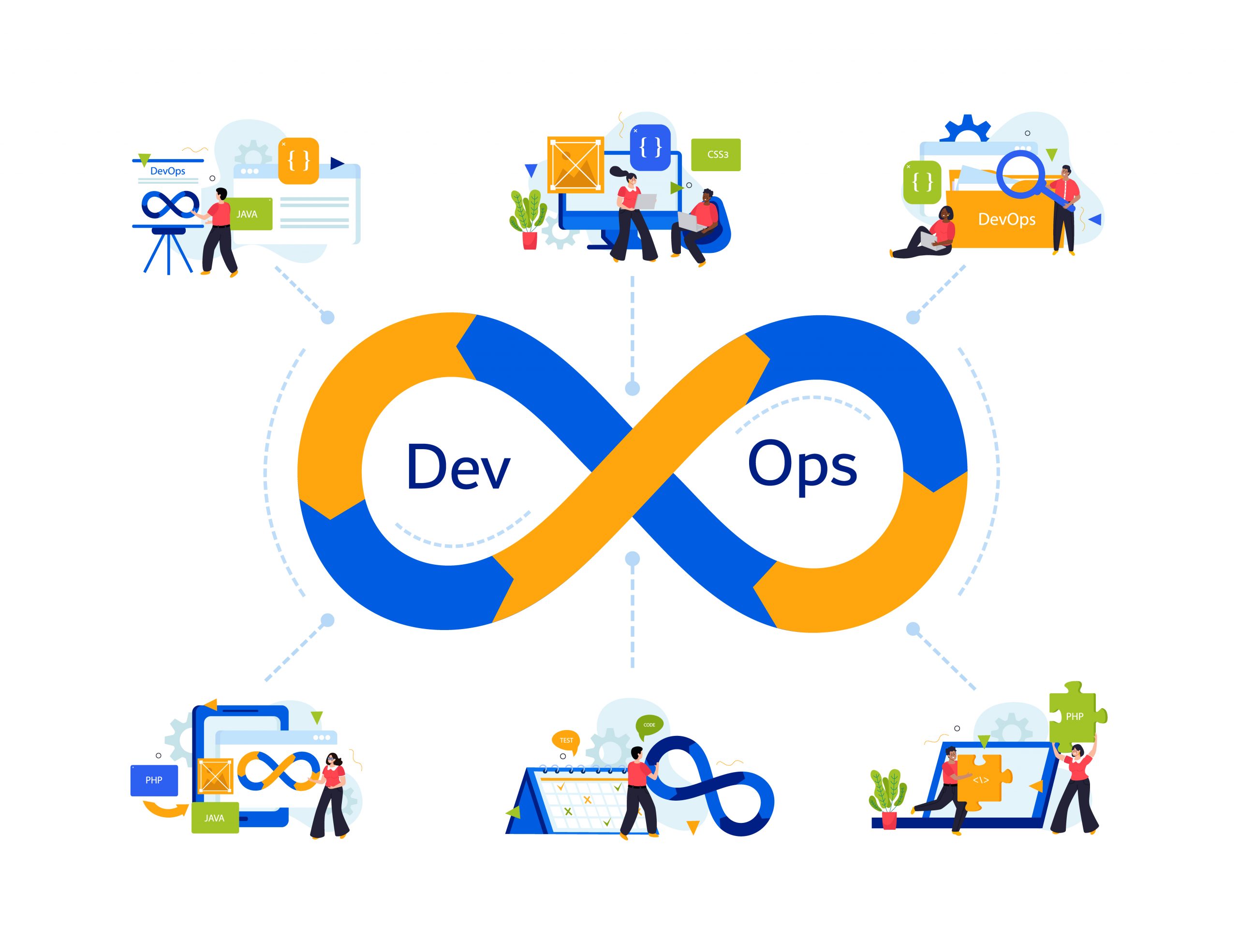

Did you enjoy this article?